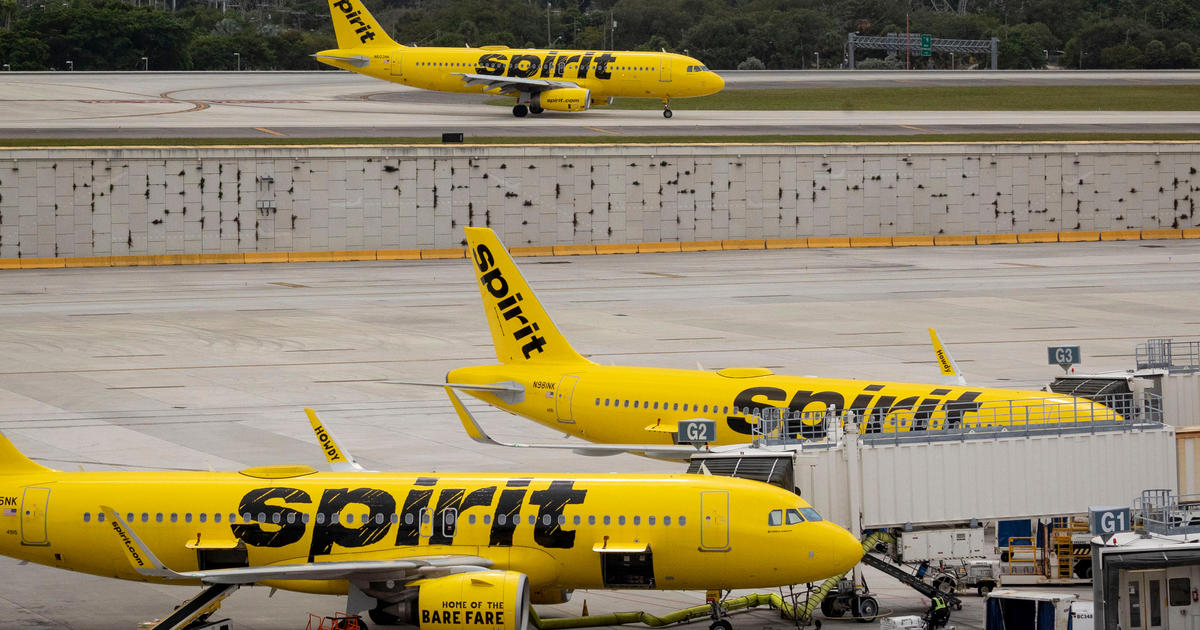Miami Commissioner: Some Residents May Have False Sense Of Safety
Follow CBSMIAMI.COM: Facebook | Twitter
MIAMI (CBSMiami) -- Windows in office towers, condos and hotels were shattered, blown out from top to bottom. Vehicles were tipped over. The power was out for days.
That was after Hurricane Wilma in 2005, a Category 3 hurricane.
Since then dozens of new high rises have gone up. Many meet some of the strictest building codes in the U.S., capable of withstanding winds up to 175 mph.
But they haven't seen a hurricane like Irma, a Category 5 and the strongest hurricane to ever form over the Atlantic.
"When you look at a storm, the structure of the winds, they get stronger as you go further up in the atmosphere. So when you are on, let's say, the 20th or 25th floor, you're going to feel winds that are almost a category higher than they would be if you were on the ground floor," said CBS4 Meteorologist Liz Horton.
After Hurricane Andrew in 1992, building codes were changed requiring the first 30-feet of any high-rise be equipped with high-impact windows to withstand being hit by a 9 lb. two-by-four traveling at 50 feet per second.
Even so, none have been through a Category 5 hurricane. Also an issue is the 20 to 25 construction cranes around the city able to withstand winds of 140 miles per hour.
Wind speeds remained at 185 mph as Irma battered Puerto Rico and the Caribbean.
And there's also storm surge and flooding to consider. Zones A, B and C have been ordered to evacuate.
The majority of high-rises are in Miami Commissioner Ken Russell's district. He said people have a false sense of safety.
"People have been having this internal negotiation with themselves on whether or not they should leave," Russell said. "And they find justifications of why they should stay, 'My building is this year old, I'm up on this floor or I have this glass.' It's time to end that discussion. So we're past discussing whether or not you have impact windows, whether or not you can see a crane from your window. Now that we are in a mandatory evacuation for those, the details of your building are irrelevant. It's now about safety. What are you going to do when nobody can access your building, when you don't have power and you don't have water? And it could be days or weeks."



